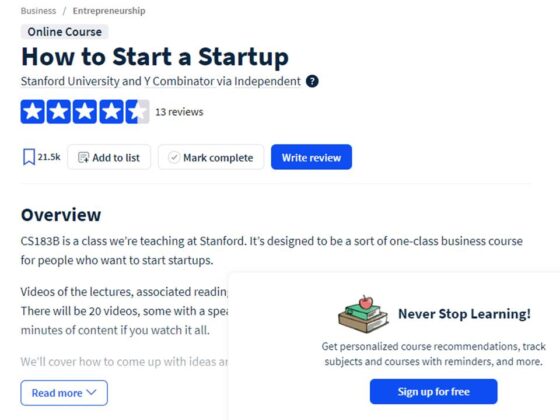Podcast: Play in new window | Download

In this episode of The Podcast Reporter, we discuss a recent youtube.com video with the topic from buzzsprout.com site that deals with interviewing scared guests who aren’t used to being interviewed or even podcasting.
The video can be viewed with this 6 minute video:
So we have a young podcaster who tries to define what the process will be in a few steps in dealing with your podcast guest before the recording of the interview will be:
- Send the guest an outline of the content prepared for the interview;
- Call your guest before the interview ;
- Send your guest an episode and propose it to your guest and ask for the interviewee’s input;
- and a bonus tip is given by another podcaster — suggest having just a “conversation” to make the interviewee more comfortable.
Now, for this podcaster, I have done interviews as podcast episodes for the past 15 years. And luckily, I never encountered a guest who froze solidly because the guest could not stand the idea of being recorded (mainly because the thought of making mistakes was too great).
In fact, you should be aware of some advice given in an evergreen podcast by Max Flight that deals with another side of a podcast guest — that of “Being Interviewed.” It describes the other aspects of being an interviewee that you should also consider:
As a side note, you yourself may be called upon to be the GUEST and BE INTERVIEWED. And we have a past audio episode from this series that is delivered by Max Flight on the issues and the preparation of being interviewed:
I also had a workflow where I did speak to the guest ahead of time, reviewed the outline and questions that I proposed to deal with him during the interview, as well as run through a few ideas to make the guest feel comfortable. And it has not failed me yet.
Thus, we hope that you can create a good workflow for your podcast interviews that will make your guest comfortable and the result can be to have a good interview, well-paced and informative, that will deliver the most important thing to your audience –VALUE of the subject matter with a good cadence and a comfortable audio that will make your audience appreciate your show.
Thank you for your attention.
Copyright (c) 2021, Matrix Solutions Corporation and buzzsprout.com. All rights reserved.

